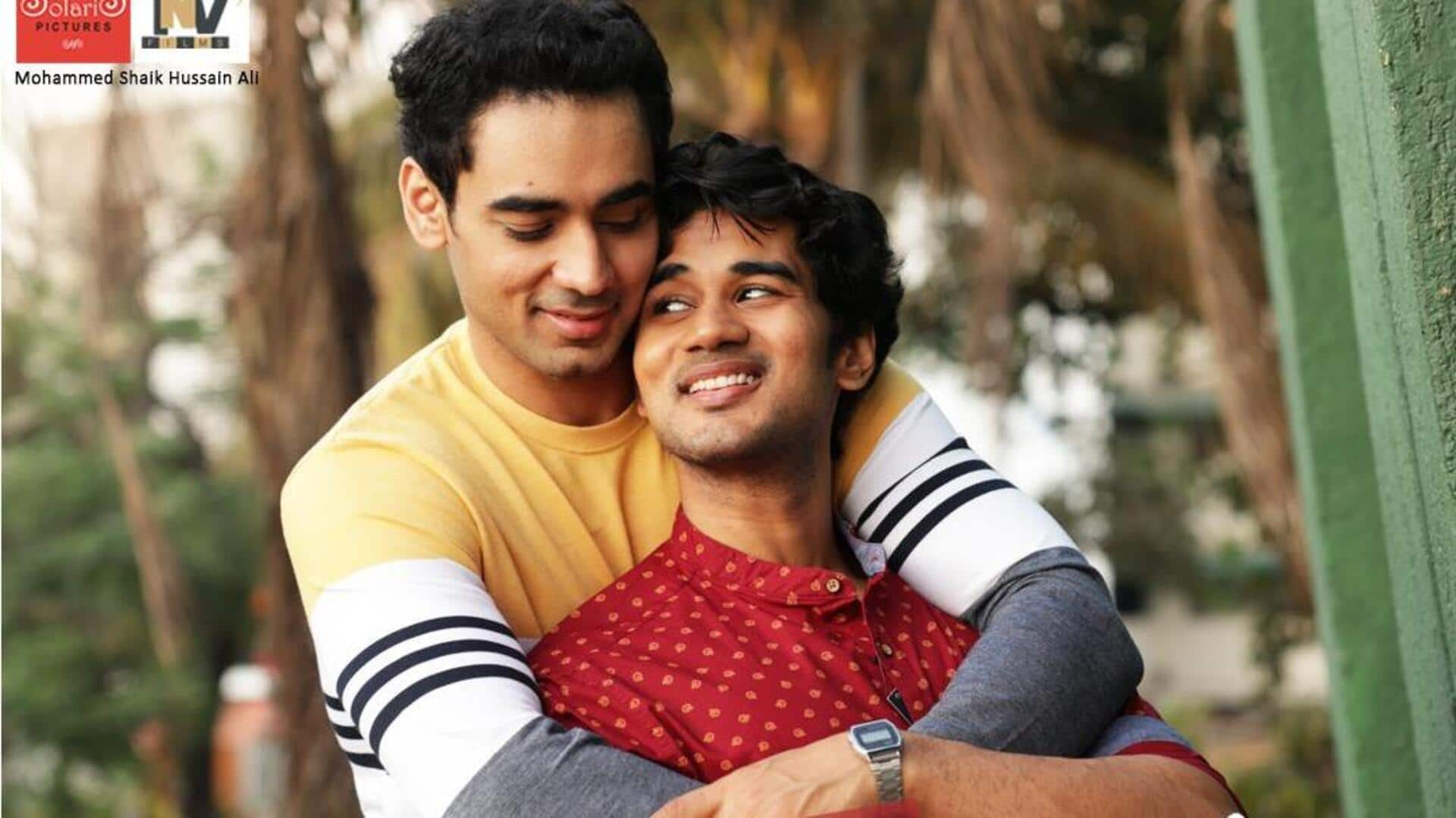
'Kuch Sapney Apne': Queer love story gets U/A certificate
What's the story
In a landmark decision, the Central Board of Film Certification (CBFC) has given a U/A certificate to the upcoming queer love story, Kuch Sapney Apne. Directed by Sridhar Rangayan and Saagar Gupta, the film is set to release on February 21. The U/A certification means it is appropriate for viewers aged 16 and above. This decision is a departure from the norm of giving 'A' certificate to LGBTQ+-themed films.
Film's focus
'Kuch Sapney Apne' explores themes of love and acceptance
Kuch Sapney Apne narrates the story of four couples, with a special focus on the queer love story of Satvik Bhatia and Arpit Chaudhary's characters. The film also features Mona Ambegaonkar, Shishir Sharma, Abhay Kulkarni, and Veenah Naair. It explores themes of love, family, betrayal, and redemption. Rangayan had said he was happy with the CBFC's decision calling it a "progressive certification."
Social commentary
'Kuch Sapney Apne' challenges societal norms and patriarchy
The film also delves into how family and community can help people come to terms with their identity. It shows how societal conditioning, especially patriarchy, can affect acceptance in families. Rangayan explained to Mid-Day, "A mother may accept her gay son...but for the father, it is much more difficult. This is because we have a patriarchal system." The directors hope to spark thought and discussion with their film.
Anticipated response
Directors hope for positive reception of 'Kuch Sapney Apne'
As the release date nears, the directors are optimistic their three-song album will strike a chord with the audience. They especially hope the romantic duet Tu sunn zara, sung by Shashwat Singh and Sushant Divgikar and penned by Gupta, will catch on. Rangayan jokingly said, "We hope [it] will become the Indian gay romantic anthem."
Cinematic evolution
'Kuch Sapney Apne' reflects progress in Indian cinema
The U/A certification of Kuch Sapney Apne marks a turning point in mainstream Indian cinema's treatment of queer themes. This is a far cry from the furor over Deepa Mehta's same-sex love story Fire (1998), which ignited debates on artistic freedom versus "preservation of Indian culture." Even in recent times, Onir struggled to get his script of a gay soldier passed by the Defence Ministry.